Introduction: Why Insurance Matters for Every Plumbing Business
Whether you’re a self-employed plumber or run a growing plumbing company, insurance is more than just a legal checkbox—it’s your financial safety net. An accident in the field, a burst pipe damaging a client’s property, or a tool theft from your van can hit your bottom line and reputation hard. The right insurance policy can mean the difference between a minor setback and a business-ending crisis. But with so many coverage options, confusing jargon, exclusions buried in the fine print, and ever-changing industry risks, choosing plumber’s insurance can feel overwhelming. This guide will help you navigate the maze and pick coverage tailored to your specific needs as a plumbing professional. We’ll break down key policy types, compare what different insurers really offer, reveal common traps, and give you a checklist to confidently evaluate your options. Let’s protect your business, your team, and your peace of mind—without overpaying or leaving costly gaps.
Understanding the Core Types of Plumber’s Insurance
General Liability Insurance
This is the foundation for most plumbing businesses. General liability covers bodily injury, property damage, and legal costs if a third party claims your work caused harm. For example, if a client trips over your equipment or water damage occurs during a repair, this policy responds. It’s typically required for licensing and contract work.
- What’s usually covered: Slip-and-fall accidents, accidental property damage, legal defense fees.
- What’s not: Employee injuries, faulty workmanship (post-completion), intentional acts.
Professional Liability (Errors & Omissions)
This protects you against claims of negligence, mistakes, or failure to deliver promised results. Even if you didn’t do anything wrong, a disgruntled client might allege improper installation or missed code requirements. Professional liability covers your legal defense and settlements.
- What’s usually covered: Design errors, incorrect advice, omissions in work, claims of non-performance.
- What’s not: Physical injuries (that’s general liability), intentional misconduct.
Commercial Property Insurance
Covers your office, storage, and workshop spaces, plus equipment and inventory, against fire, theft, vandalism, and some natural disasters. Even if you operate from home or a van, property insurance can cover your assets.
- What’s usually covered: Tools, inventory, computers, furniture, fixtures.
- What’s not: Wear and tear, flood (usually a separate policy), earthquakes (may require add-on).
Commercial Auto Insurance
Your personal auto policy won’t cover business use of vehicles. Commercial auto insurance covers vans, trucks, or cars used for plumbing work—protecting against accidents, theft, and liability on the road.
- What’s usually covered: Accident liability, vehicle damage, theft, vandalism.
- What’s not: Personal use (unless specified), contents (tools may need separate policy).
Workers’ Compensation
If you have employees, most states require workers’ comp. It covers medical bills and lost wages if someone gets injured on the job. Even if not legally required, it’s wise protection against lawsuits and staff hardship.
- What’s usually covered: Medical costs, disability, rehabilitation, lost wages.
- What’s not: Intentional injuries, injuries outside of work duties.
Equipment and Tool Insurance (Inland Marine)
Standard property insurance may not cover tools in transit or on job sites. Inland marine policies protect expensive tools, pipe cameras, and machinery wherever you take them.
- What’s usually covered: Theft, loss, accidental damage during transport or use.
- What’s not: Gradual deterioration, deliberate damage, normal wear and tear.
Comparing Policies: What to Look For (And What to Avoid)
Coverage Limits and Deductibles
Every policy comes with limits—the most the insurer will pay per claim and in total per year. Make sure these match the scale of your jobs. For example, a $500,000 property damage limit may be fine for residential work but low for commercial contracts. Deductibles are what you pay out-of-pocket before coverage kicks in. Higher deductibles mean lower premiums but bigger hits when you claim. Find a balance your business can afford in a worst-case scenario.
Exclusions and Endorsements
Read the fine print for exclusions—situations the insurance won’t cover. Common exclusions for plumbers include:
- Faulty workmanship (unless you add an endorsement)
- Pre-existing damage
- Flood or earthquake damage
- Employee dishonesty or theft
Endorsements (also called riders) can be added to include extra coverage, like pollution liability, hired/non-owned vehicles, or cyber liability (for digital records and payment systems).
Claims Process and Reputation
Ask how claims are handled: Is there 24/7 reporting? Are local adjusters available? How quickly are claims paid? Online reviews, trade group recommendations, and feedback from other plumbers can help you avoid insurers with slow, frustrating claims processes.
Premium Costs: What Affects Your Rate
- Business size and revenue
- Number of employees
- Type of plumbing work (residential, commercial, industrial)
- Location and crime rates
- Claims history
- Coverage limits and deductibles
- Bundling policies (multi-policy discounts are common)
Get quotes from at least three insurers and compare coverages side by side—not just price. A cheaper premium may mean bigger gaps when you need protection most.
Common Insurance Gaps for Plumbers (and How to Fix Them)
Faulty Workmanship and Completed Operations
Standard liability insurance often excludes claims arising from work after a job is finished—such as a leak weeks after installation. Ask about a “completed operations” endorsement to bridge this gap.
Subcontractor Risks
If you hire subcontractors, you could be liable for their mistakes. Require proof of their insurance and consider a policy that covers subcontracted work directly.
Tool and Material Theft from Vehicles
Many property policies don’t cover tools stolen from a van or jobsite. Inland marine coverage, or a commercial auto add-on, is essential if you carry expensive gear.
Cybersecurity and Data Breaches
Even small plumbing businesses are targets for cybercrime—think hacked email invoices or stolen customer payment info. If you use digital scheduling, billing, or store client data, consider a cyber liability endorsement.
Step-by-Step: How to Compare Plumber’s Insurance Policies
1. List Your Business Risks
Start by listing all the potential risks your business faces, including:
- Property damage to client premises
- Employee and third-party injuries
- Theft or loss of tools/equipment
- Errors in installation or repairs
- Vehicle accidents
- Cyber threats if you process payments or store data electronically
2. Gather Quotes from Multiple Insurers
Contact at least three providers familiar with the plumbing industry. Use an insurance broker if you want help comparing options or negotiating rates.
3. Compare Coverage Side by Side
- Draw up a table with each insurer’s coverage limits, exclusions, endorsements, and premiums.
- Note any special benefits (e.g., free risk assessments, dedicated claims managers).
4. Check Insurer Ratings and Reviews
Look for financial strength (A.M. Best, Moody’s ratings) and real-world customer feedback on claims handling and support.
5. Review Policy Documents Thoroughly
Don’t rely solely on summary sheets—read the actual policy documents, especially the exclusions and conditions. Ask questions if anything is unclear.
6. Confirm Regulatory Compliance
Make sure your coverage meets state licensing requirements and contract obligations for your area and projects.
7. Reassess Annually
Your business changes—so should your insurance. Review your policies every year, especially if you grow, hire staff, or add new services.
Real-World Examples: Insurance Lessons from Plumbing Businesses
Case 1: Tool Theft and the Value of Inland Marine Coverage
A small plumbing contractor had tools worth $15,000 stolen from a work van parked overnight. His standard property insurance denied the claim—tools in vehicles weren’t covered. After this costly lesson, he added inland marine coverage, which later saved him thousands when a similar incident occurred.
Case 2: Subcontractor Liability Surprise
A plumbing business hired a subcontractor for a large commercial job. The subcontractor’s mistake caused a flood, damaging expensive flooring. The business owner discovered too late that his insurance excluded subcontracted work, leaving him liable for $20,000 in repairs. Now, he always verifies subcontractor coverage and uses a policy that covers subs.
Case 3: Completed Work Exclusion Fallout
After a bathroom renovation, a pipe joint failed weeks later, flooding a customer’s home. The plumber’s general liability policy excluded “completed operations,” so he had to pay out of pocket. An endorsement would have closed this gap.
Insurance Providers: What to Ask Before You Buy
- Is this policy tailored for plumbers or general contractors?
- What are the coverage limits and deductibles?
- Are there any exclusions related to faulty workmanship, tools in vehicles, or subcontractors?
- Can I add endorsements for cyber, pollution, or completed operations?
- How do you handle claims, and what’s the typical turnaround time?
- Do you offer risk management resources or safety training?
- Are discounts available for bundling policies?
Checklist: Evaluating Plumber’s Insurance Options
- Identify your top business risks and required coverages
- Compare at least three tailored insurance quotes
- Check coverage limits, exclusions, and endorsements side by side
- Ask about claims process and insurer reputation
- Verify compliance with state laws and client contracts
- Review and update your policy annually as your business evolves
Conclusion: Protecting Your Plumbing Business for the Long Haul
Choosing the right plumber’s insurance isn’t just about ticking a box for your license or appeasing a client—it’s a cornerstone of responsible business ownership. Good coverage protects your assets, secures your reputation, and gives you the confidence to take on bigger jobs without worrying about disaster striking. But not all policies are created equal. The real value lies in understanding your risks, asking the right questions, and reading the fine print. By comparing coverage—not just price—you can avoid costly surprises and ensure your business is covered where it counts most. Remember, insurance isn’t a set-and-forget purchase. As your business grows, your protection needs will change. Make it a habit to review your policies annually, update coverage as you expand, and keep detailed records of your assets and claims. And above all, don’t hesitate to consult an insurance broker familiar with the plumbing industry—they can help you navigate complex options and advocate for your business if you ever need to file a claim. Stay protected, stay informed, and let your insurance work as hard for you as you do for your clients.
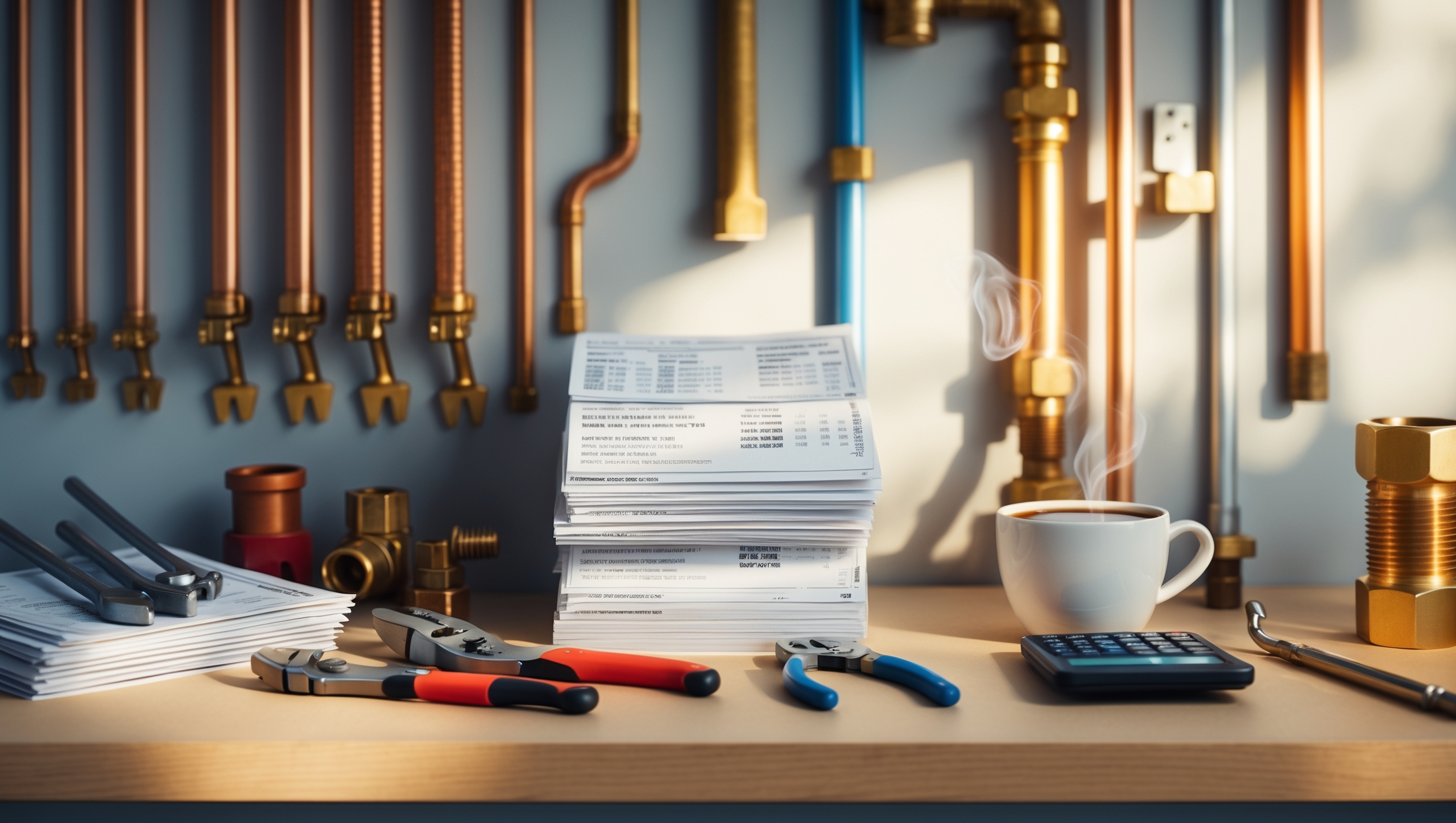

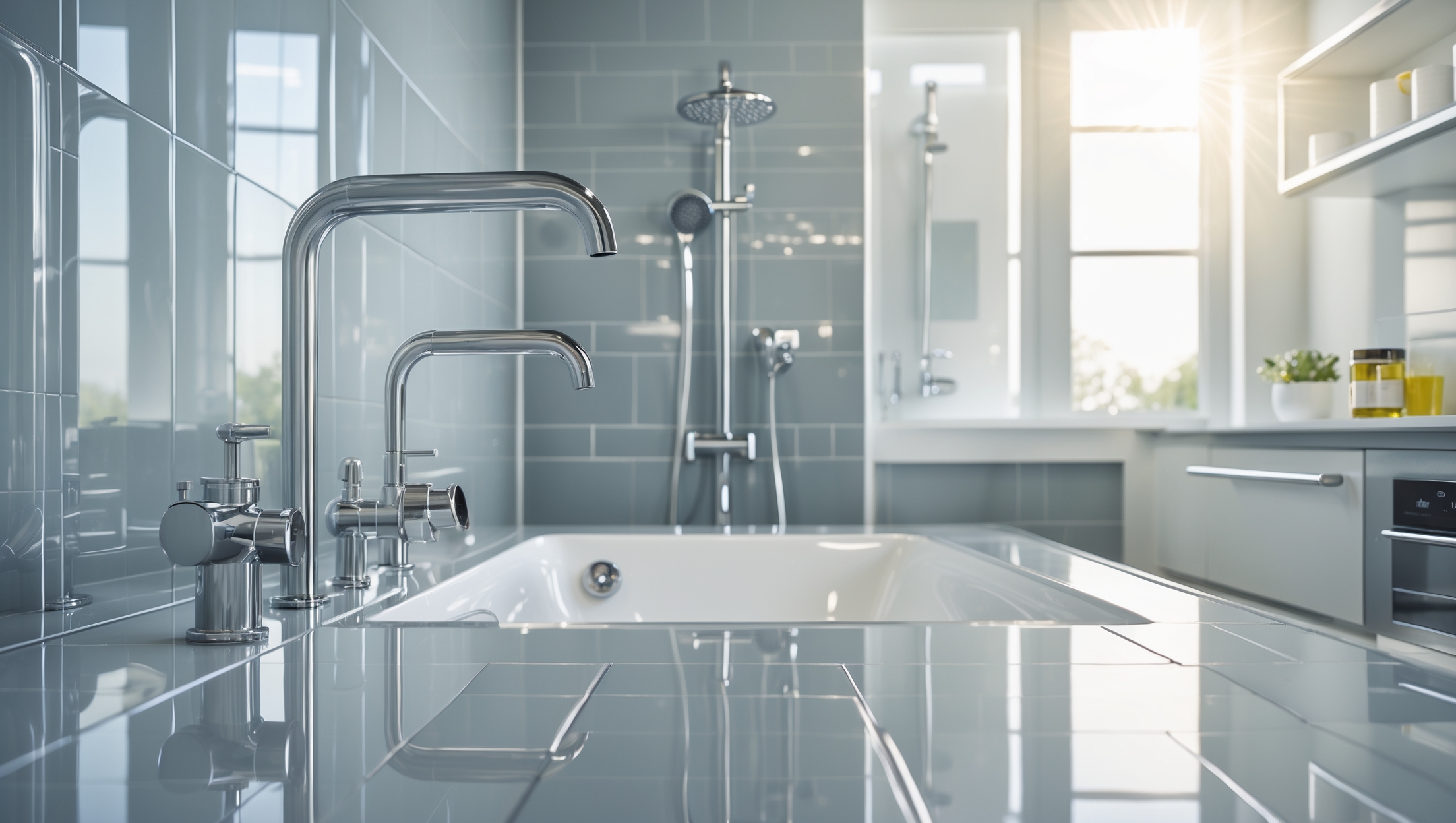

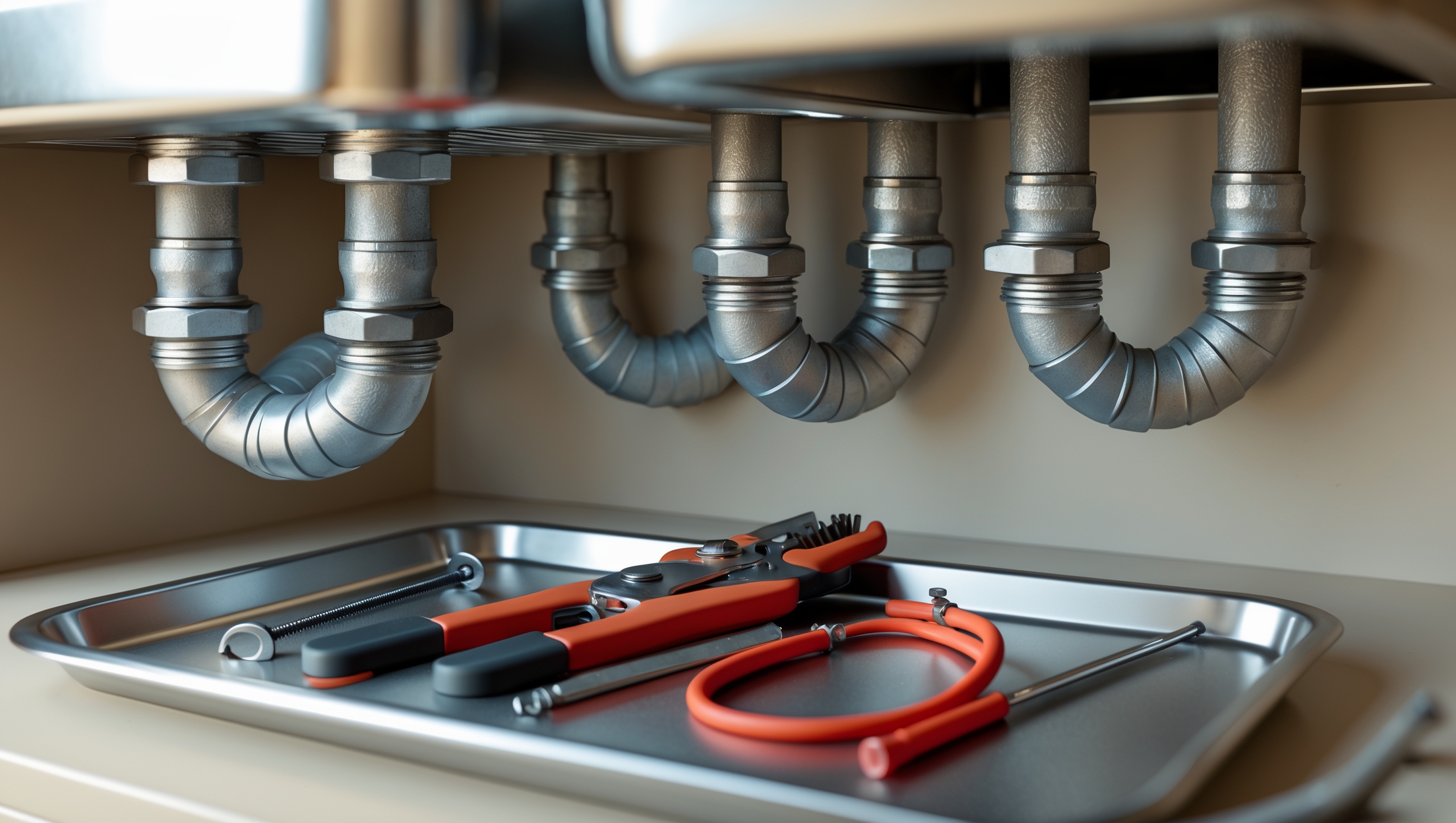
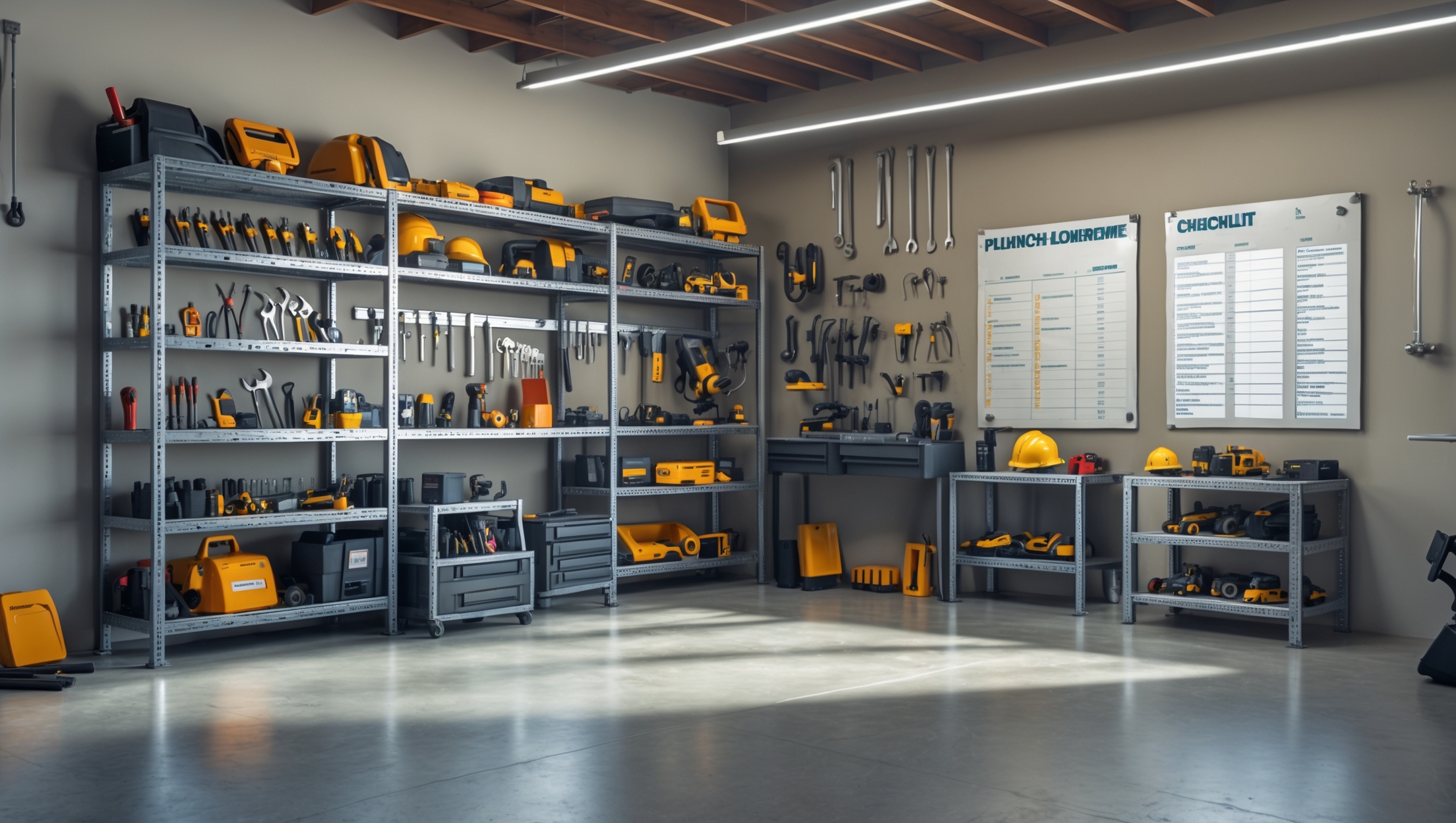


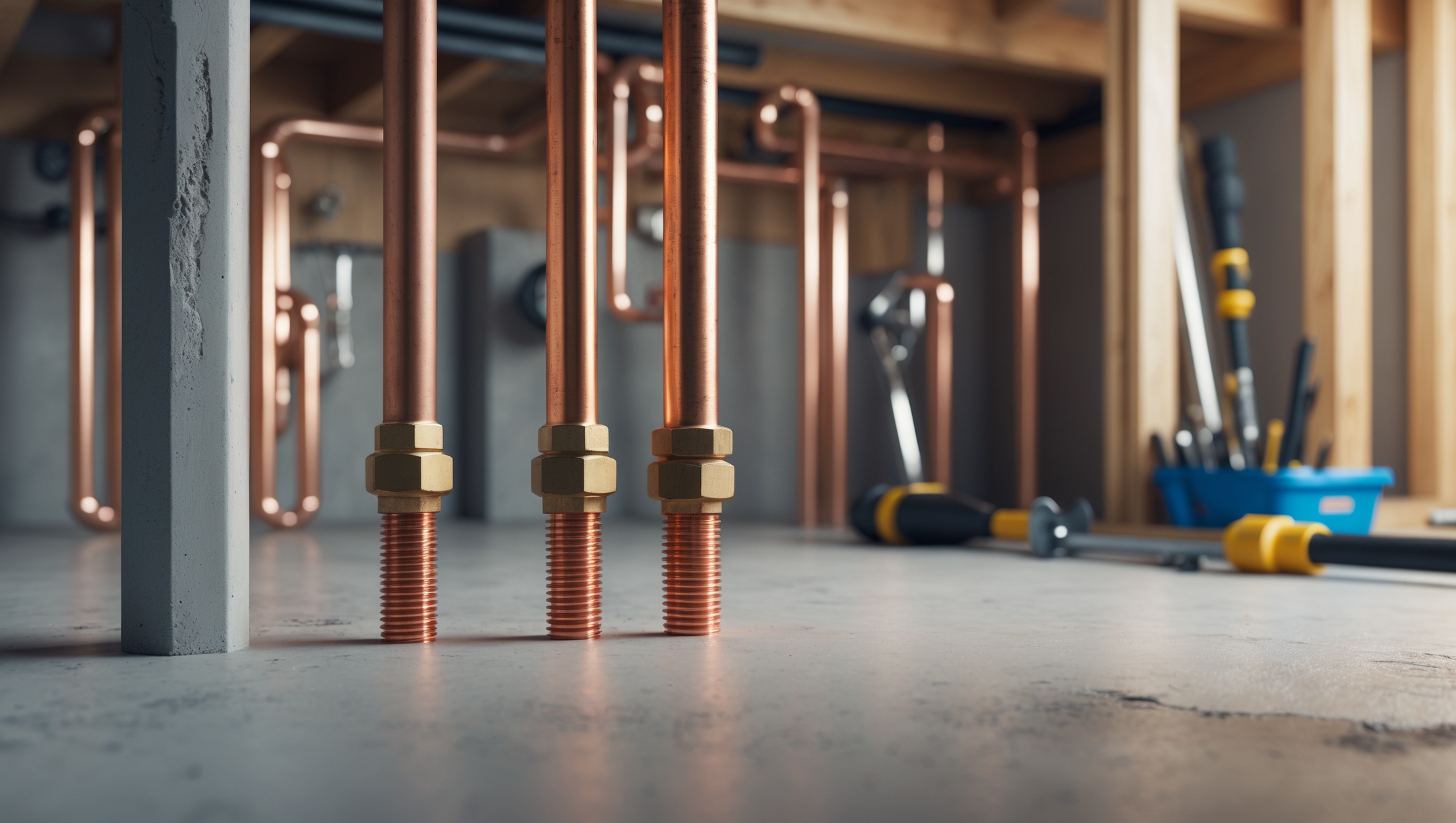
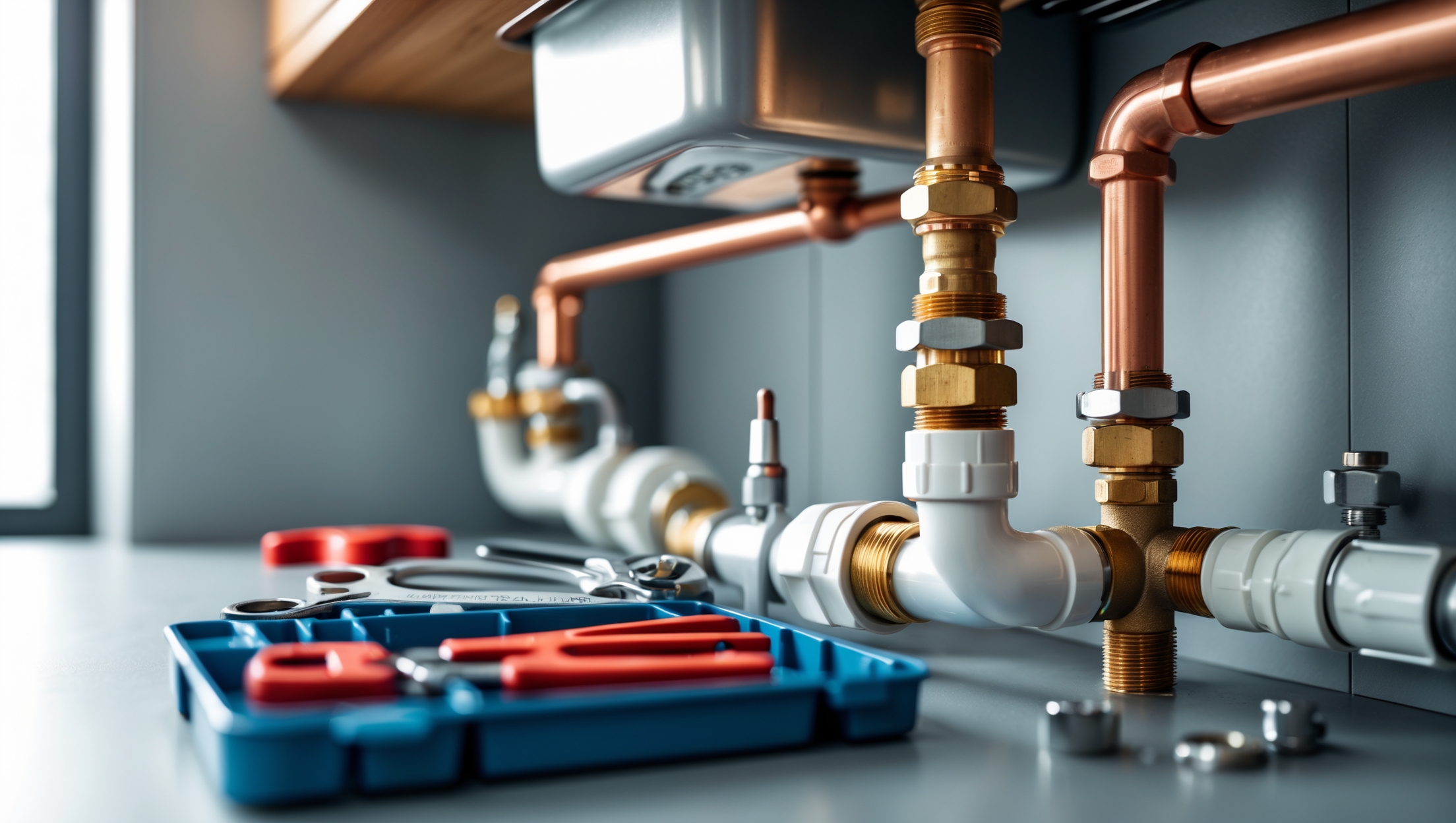
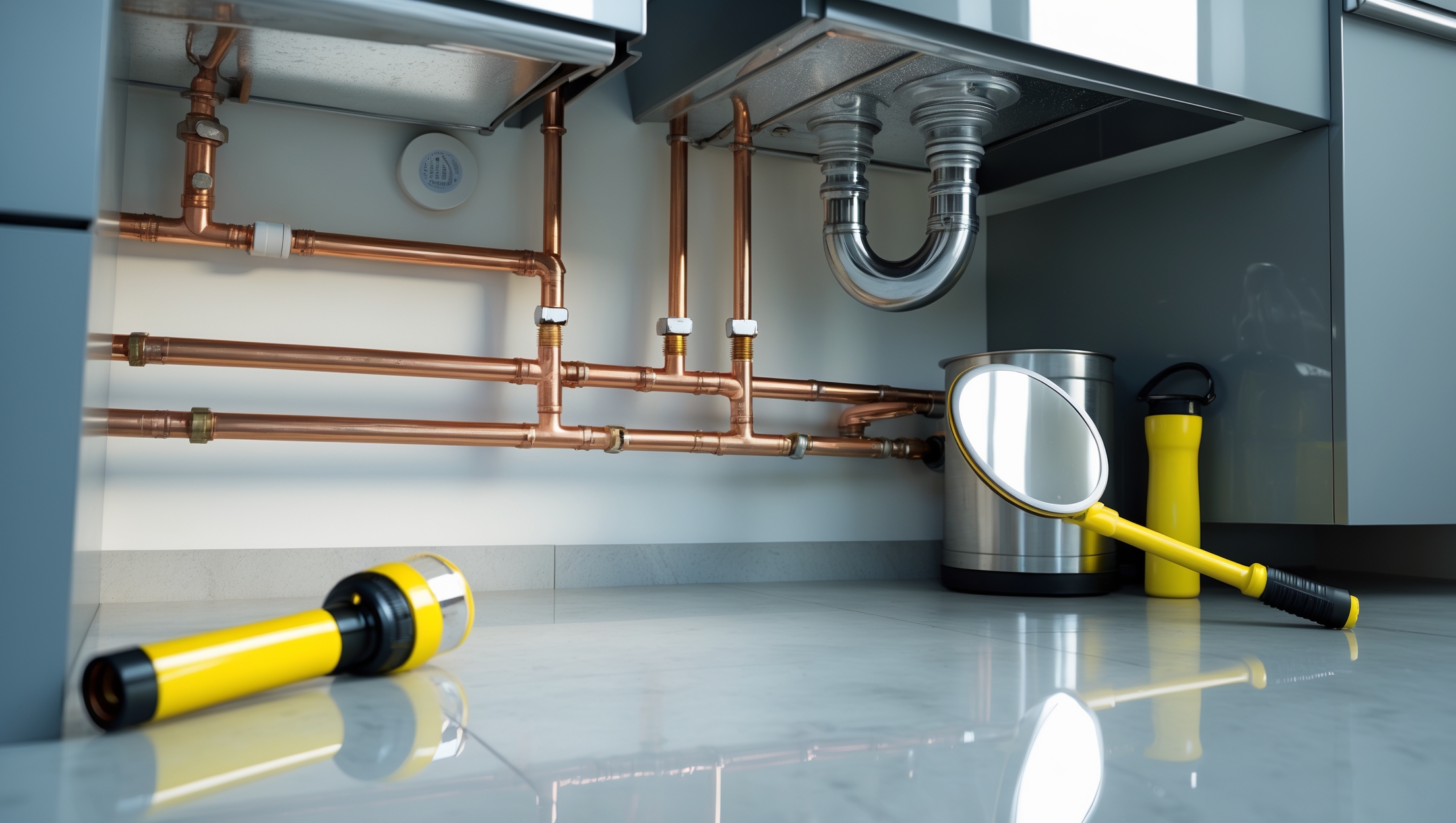
Robert Sanchez
You talked about exclusions in the fine print. Could you give some examples of common coverage gaps that plumbers only find out about after making a claim, so I know what to watch out for before buying a policy?